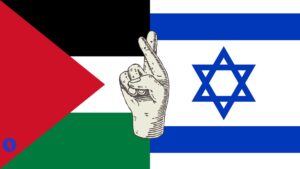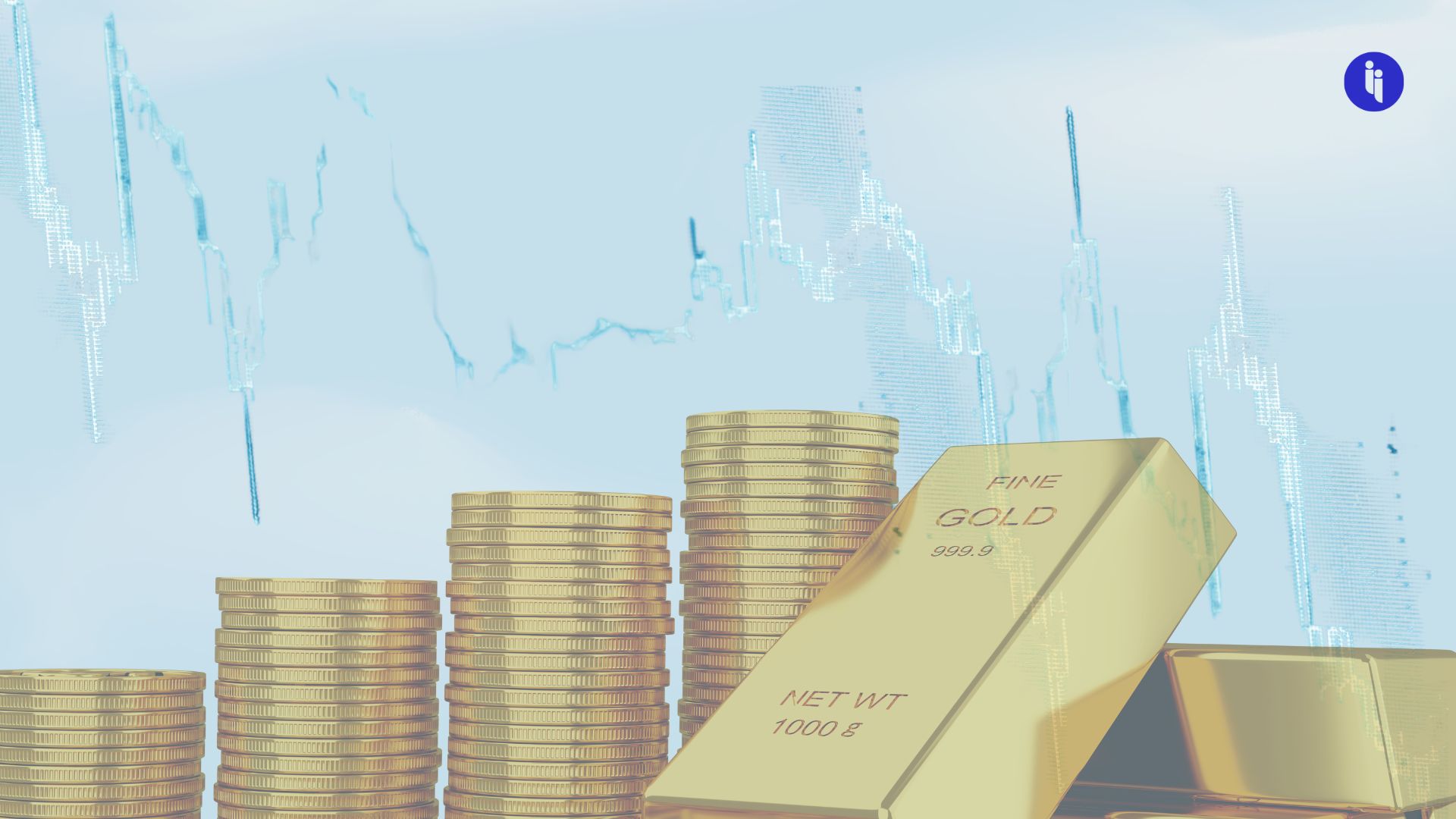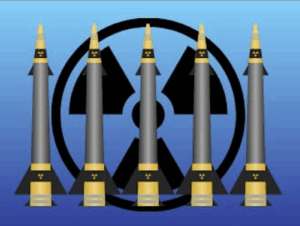It’s early August, aka earnings season, aka that time when the massive corporations running our military, insurance, and meme machines offer a sneak peek at Q2 earnings.
So, what’s the big end of town telling us six months into the year?
- “In the United States, the most consequential country in the West, it is the culture that enables companies like ours to come into existence—and excel. It must be protected.” — Alexander Karp, CEO, Palantir
As our spooked world races to re-arm, defence primes are clearly poised to profit help: players like Lockheed and Raytheon (now going full KFC with its ‘RTX’ rebrand) won billions in contracts on a single sunny day in July, selling hit products like the F-35 jet.
Stay on top of your world from inside your inbox.
Subscribe for free today and receive way much more insights.
Trusted by 146,000+ subscribers
No spam. No noise. Unsubscribe any time.
But a whole new generation of start-ups like Anduril, Helsing, and Shield AI can now notch up serious valuations on a bet they can bring Silicon Valley’s disruptive spirit to the Beltway. Palantir alone just signed a $10B contract pumping the US Army full of AI.
There’s a running joke that nobody knows what Palantir actually does, but whatever it does, the markets are loving it: the Denver-based firm has doubled its valuation this year.
And Karp, Palantir’s curly-haired chief, doesn’t just issue bold powerpoints pledging to, you know, increase revenues and lower costs. Rather, like a Larry Fink or a Jamie Dimon, he likes to weigh in on the big, philosophical, and geopolitical questions of our age.
In his latest update, for example, Karp argues, “the United States is not… a soft compromise and amalgam of global values and tastes.” Rather, he says the US has always thrived by maintaining a strong, distinct identity in the face of competition. Implicit (and occasionally explicit) in his message is a fear this identity might be fading.
- “We’ve had significant inflation in our international markets, particularly in Europe… primarily it’s a supply issue.” — Chris Kemczynski, CEO, McDonald’s
We found the McDonald’s update intriguing for two reasons. Okay three if you include that we love a good Quarter Pounder® with Cheese™ as much as the next ex-diplomat©.
But first, it’s interesting for what it says about US households, particularly because the company’s whole vibe is to stay accessible for everyone, always. And yep, the CEO says he’s noticed lower-income folks are visiting less, despite new items to offset inflation (a challenge he’s highlighted since 2020). Other income brackets are now spending more.
But second, you know what Kemczynski didn’t flag this week? Anti-US sentiment. It’s hard to think of a brand more closely linked to ‘Murica. That’s why, just in Q1, he was flagging big upticks in anti-US sentiment across Europe and Canada.
Now in Q2? Not even a mention. For Q1 he already flagged the inoculating effects of decades of localisation (you can get a McAloo Tikki in India, for example). So one challenge (sentiment) now seems more manageable than the other (macro conditions).
- “And so we’re going to be doing — we’re doing more in this country, and that’s on top of having roughly 19 billion chips coming out of the U.S. now, and we will do more.” — Tim Cook, CEO, Apple
Speech experts in the intelligence community often scrutinise world leader footage for any hints of stress. And maybe they’d flag the kind of minor word-jumble above as reflecting the pressure Apple’s chief is now feeling, as he steers the world’s third-biggest company through a trade war between the world’s two-biggest economies, all while his firm cops criticism for its relatively slow and cautious approach to AI.
So it was interesting to hear Cook confirm that most iPhones sold in the US are now indeed made in India (rather than China), while iPhones sold everywhere else are mostly made in China. That’s a perfect example of how firms with global footprints and brands can optimise their supply chains to manage local political risk while still hitting targets.
But lest that logistical pirouette look too cute for any DC hawks, Cook backed up yesterday by re-upping his US investments, pledging another $100B for a total of $600B over four years, because given the stakes, why not go back and wring the towel a bit more.
Intrigue’s Take
Since we founded Intrigue (2020), geopolitics has gone from some niche line item for nerds, to the top risk getting flagged by CEOs. And today’s briefing offers hints into how some of the most effective leaders are responding.
First, top CEOs aren’t just responding to politics, so much as actively hustling to shape it. And that means not just hitching a ride on Air Force One to the Gulf, but using every public utterance to strategically shape public debate, which leads us to…
Second, top CEOs are now cosplaying as philosophers-in-chief, going beyond, you know, exhortations to lift revenue and cut costs, to instead weigh in on moral, strategic, and even civilizational questions. And they do that by framing their firms not just as economic actors, but as guardians of values. But to succeed in these first two…
Third, top CEOs also ensure their global firms stay nationally relevant. That McAloo in India isn’t just a gimmick or even a line item, but an inoculation against populist pushback: we’re not globalist elites or American imperialists, but a locally-owned franchise living right next door.
Oh, and it’s not just burgers. Those defence primes and start-ups have similar (if less tasty) localisation strategies across the West, highlighting local talent, input, and ideas.
We continue to marvel that some of the best diplomacy right now is in the private sector.






